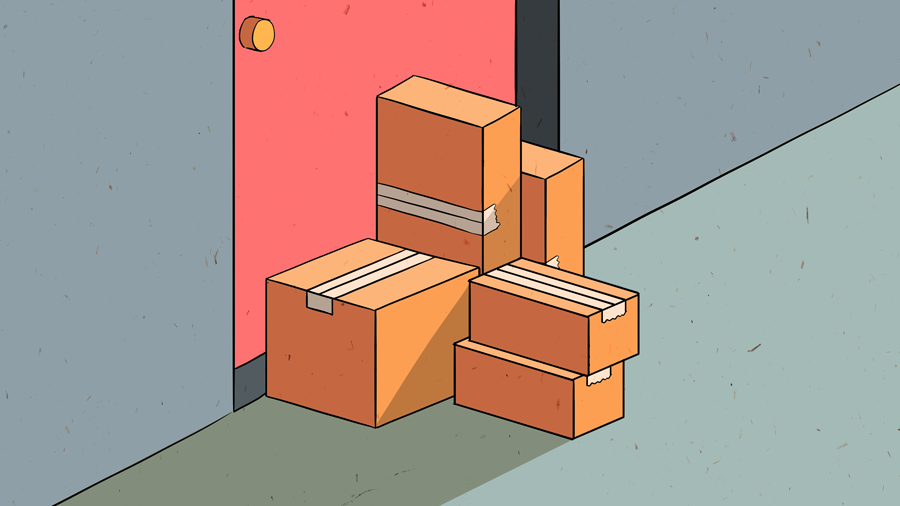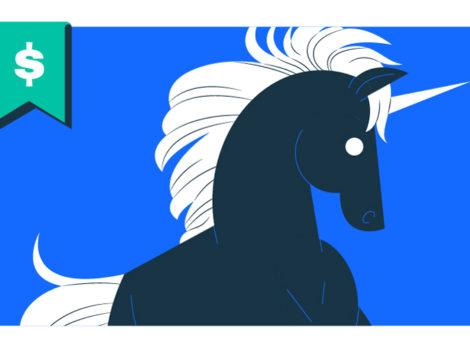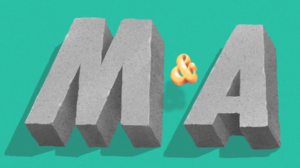Morning Markets: Market returns, venture Twitter, and when you’ve missed a trend.
Good morning and happy Uber IPO Price Day. Hurrah!
Subscribe to the Crunchbase Daily
The biggest news out this morning is Harry’s, a shaving company and stalwart of the podcasting world, selling to Big Razor for $1.37 billion. The deal’s value will be delivered in 79 percent cash and the rest stock. Harry’s will have “an 11% stake in the combined company upon completion of the deal” once the transaction closes, according to CNBC.
That’s a tidy exit for the company, which raised $375.2 million in known venture capital. Sharp-eyed readers will recall our coverage of the firm’s early-2018 $112 million Series D, and that the company was worth around $750 million in a preceding round (post-money).
The Harry’s exit comes around three years after Dollar Shave Club sold for $1 billion. So it’s another win for your favorite podcast (more money to spend on advertising, perhaps, Harry’s?) and the shaving category. But what about the larger world of direct-to-consumer (D2C) startups?
D2C And CAC
The D2C boom is long upon us. As we reported previously, there are a host of companies in the D2C space that have raised $50 million and more; Even some SoftBank capital is powering new brands that are working to take on incumbents in a large product category.
All seemed smooth for a time, but recently there’s been chatter from the startup classes that not all is well in D2C land. Indeed, Ryan Caldbeck of CircleUp (more here on the firm from Crunchbase News), a company that helps funds consumer-oriented brands, recently wrote that he has “noticed a somewhat fascinating trend in my conversations with successful consumer tech investors,” namely that “[m]any are out on D2C-only brands.”
His explanation is notable. The entire thread is worth your time, but here are the key points:
- Customer acquisition costs (CAC) are rising.
- Users are burning out on micro-brands for single goods.
- Operating efficiency is falling.
- Valuations are being squeezed into more traditional revenue multiples common among consumer packaged goods companies.
That’s quite the list. (There’s more out there on the current market status of D2C, but Caldbeck’s words are all we need this morning).
Which makes Harry’s exit a bit hard to place. The D2C boom appears to be slowing, but an exit of this size casts a warm light over the entire sector. Perhaps there is more juice in the apple? Or you could argue that only the largest players are managing to find exits, putting the squeeze on middle-sized players.
I don’t know, but it’s a good day for Harry’s and its nearly two-dozen investors (Tiger Global, Highland Capital Partners, SV Angel, Thrive Capital, Brand Foundry Ventures, and more). I just don’t know how many more big exits there are to anticipate before the inevitable correction.
Illustration: Li-Anne Dias.

Stay up to date with recent funding rounds, acquisitions, and more with the Crunchbase Daily.








67.1K Followers